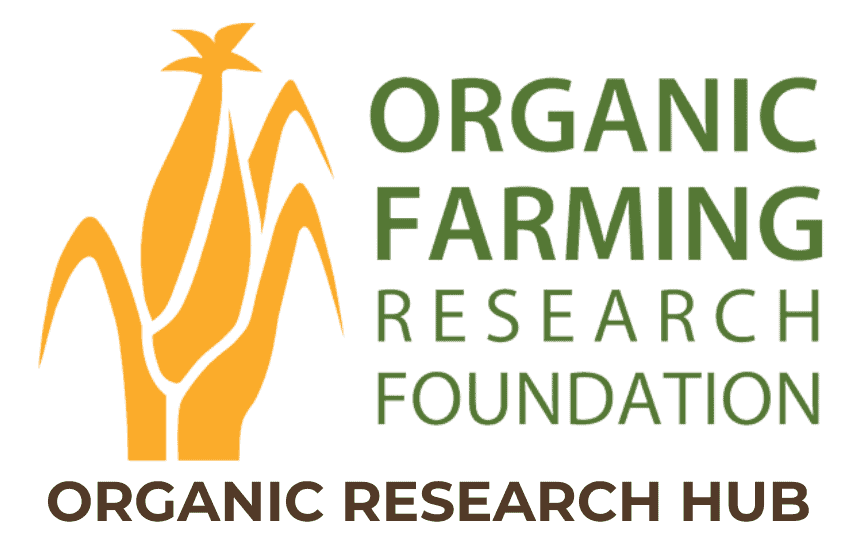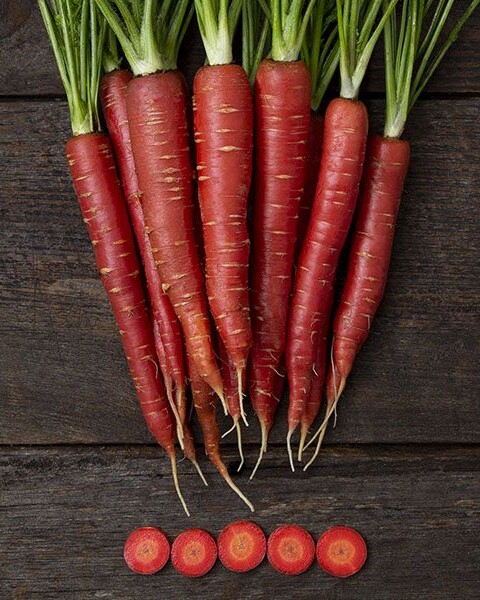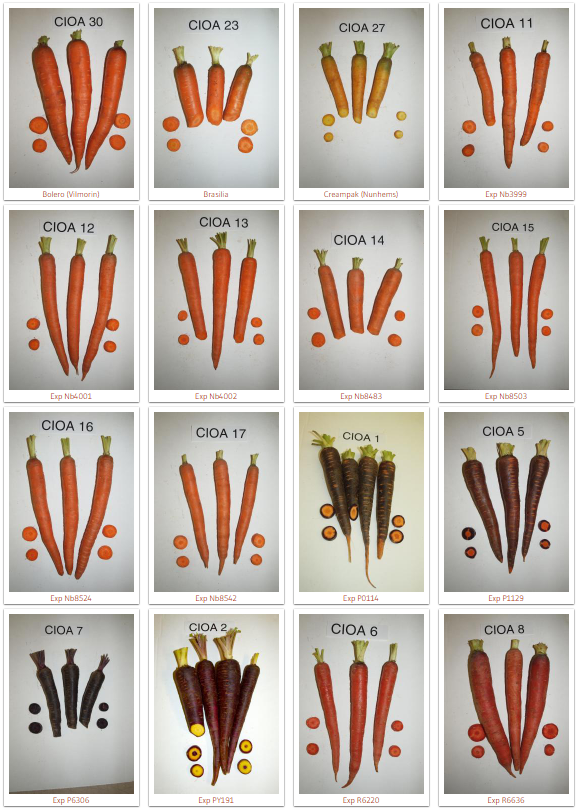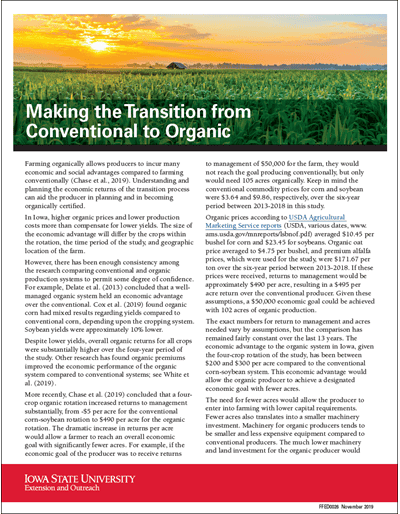Carrot Improvement for Organic Agriculture (CIOA): Leveraging On-Farm and Below Ground Networks
Project Director: Phillip Simon, University of Wisconsin-Madison
Project Overview
Carrots are an economically important crop for organic specialty crop farmers, with 12% of US carrot acreage under organic management bringing more than $120 million in farmgate sales. Yet, challenges with organic weed and disease management and a lack of cultivars with desired market traits limit organic producers’ capacity to take full advantage of the market potential. Since its launch in 2011, the Carrot Improvement for Organic Agriculture (CIOA) project, led by Phillip Simon and researchers at the University of Wisconsin-Madison, has established a robust nationwide network of plant breeders, organic farmers, and small-scale seed companies to develop and release new carrot varieties better suited to organic systems.
Farmer Takeaways
- Farmer participatory plant breeding is critical for developing new carrot varieties, including ‘Carnelian’, available through High Mowing Seeds.
- Carrot roots form beneficial associations with bacteria and fungi, which can mitigate diseases in the field.
- Breeders are working to optimize the relationship between carrot roots and the soil microbiome in organic systems.
Project Objectives and Approach
Variety development and release
In 2022, 5 organic seed companies evaluated 3 improved carrot varieties to determine interest in commercialization. One is now available commercially from High Mowing Organic Seeds under the name ‘Carnelian’. Other releases are advancing to commercialization.
Expand participatory variety trial and plant breeding network
The online platform SeedLinked was used to collect and share trial evaluation, informing new variety releases. The project expanded its collaboration with farmers across the US through its partnership with the Organic Seed Alliance (OSA) where at least 40 farms per year participate in decentralized on-farm variety trials.
Examine links between microbiomes, nutrient uptake, disease resistance & quality in carrot varieties
One study in this project looked at how microbiomes in carrot taproots differ among cropping systems and regions and whether this influences crop yield and quality. Another explored the relationships between carrot root exudates, soil microbiome characteristics, and carrot quality.
Utilize molecular markers to improve nematode resistance
Molecular markers are being developed to confirm the identity of resistance genes in breeding stocks.
Evaluate and improve carrot flavor, texture and color
Assessment of carrot flavor was integrated into all breeding activities since flavor is a priority trait necessary for the successful adoption of new varieties.
Key Findings
Carrot taproots have the potential to be colonized by an abundant and diverse assortment of bacteria and fungi
- These endophytes can play an important role in mediating disease resistance and nutrient availability, and it may be possible to select for these beneficial plant-microbial relationships in carrot breeding programs.
Carrot variety makes a difference
- Variety affects endophyte abundance and the potential for microbial populations to influence seed germination, seedling growth and disease tolerance.
- Carrot varieties differ in their potential to alter soil bacterial communities and stimulate microbially-mediated decomposition of organic materials, influencing nutrient availability and heavy metal uptake in the field.
Implementing soil-building practices common in organic farming systems has the potential to promote beneficial microbes and improve the quality and productivity of carrot crops
- Soils in organic systems often have greater total organic matter, microbial biomass, and activity than in conventional systems.
Farmer participatory plant breeding continues to make progress toward new cultivars that combine priority agronomic and market traits
Resources
eOrganic - CIOA Project Website
Read MoreTriviño, N.J., Rodriguez-Sanchez, A., Filley, T. et al. (2023) Carrot genotypes differentially alter soil bacterial communities and decomposition of plant residue in soil. Plant Soil 486, 587–606.
Read MoreAbdelrazek S, Simon P, Colley M, Mengiste T, Hoagland L. (2020) Crop management system and carrot genotype affect endophyte composition and Alternaria dauci suppression. PLoS ONE 15(6): e0233783
Read MoreUSDA - Project Report - OREI 2021-51300-34900
Read MoreLocation
IllinoisCollaborators
Pamela Roberts, University of Florida
Erin Silva, University of Wisconsin-Madison
Tim Waters, Washington State University
Lori Hoagland, Purdue University
Micaela Colley, Organic Seed Alliance
Jared Zystro, Organic Seed Alliance
Laurie McKenzie, Organic Seed Alliance
Jaspreet Sidhu, University of California, Davis
Julie Dawson, University of Wisconsin-Madison
Zac Freedman, University of Wisconsin-Madison
Region
Midwest
Topic
Plant Breeding, Varieties, and Seeds
Category
Vegetables/Fruits
Year Published
2024



